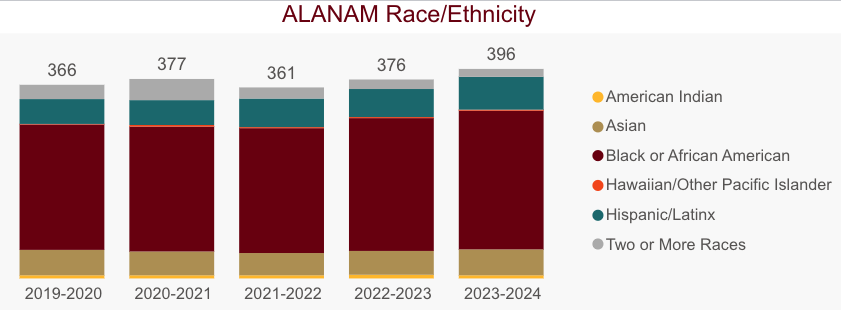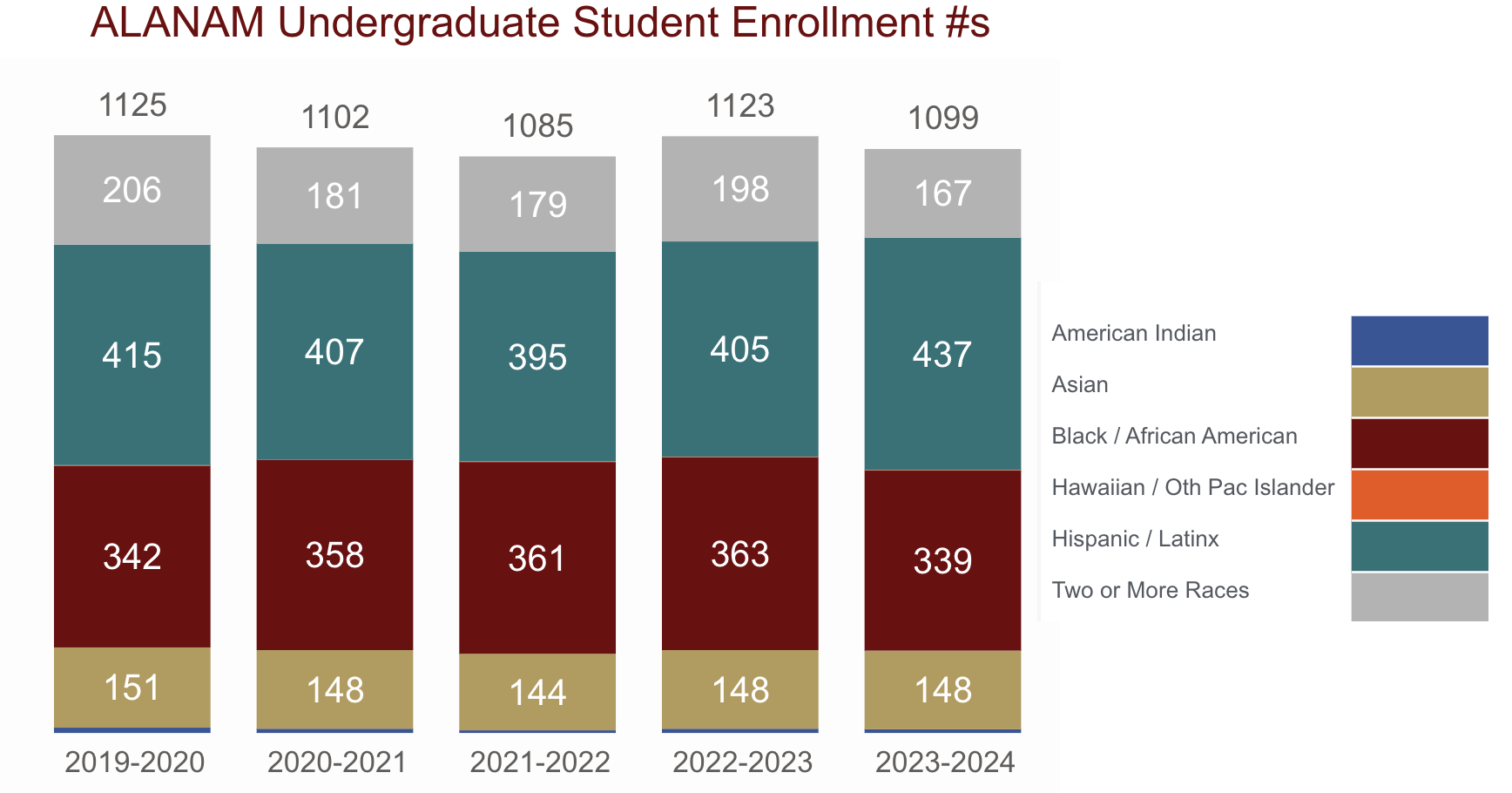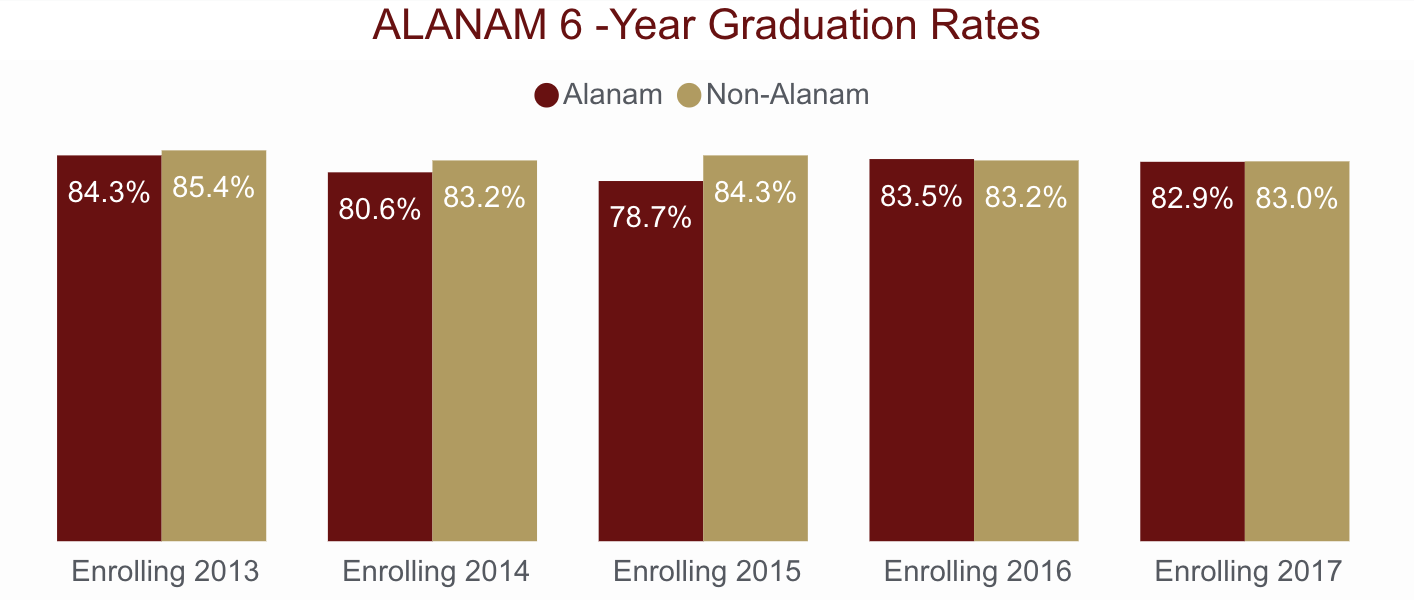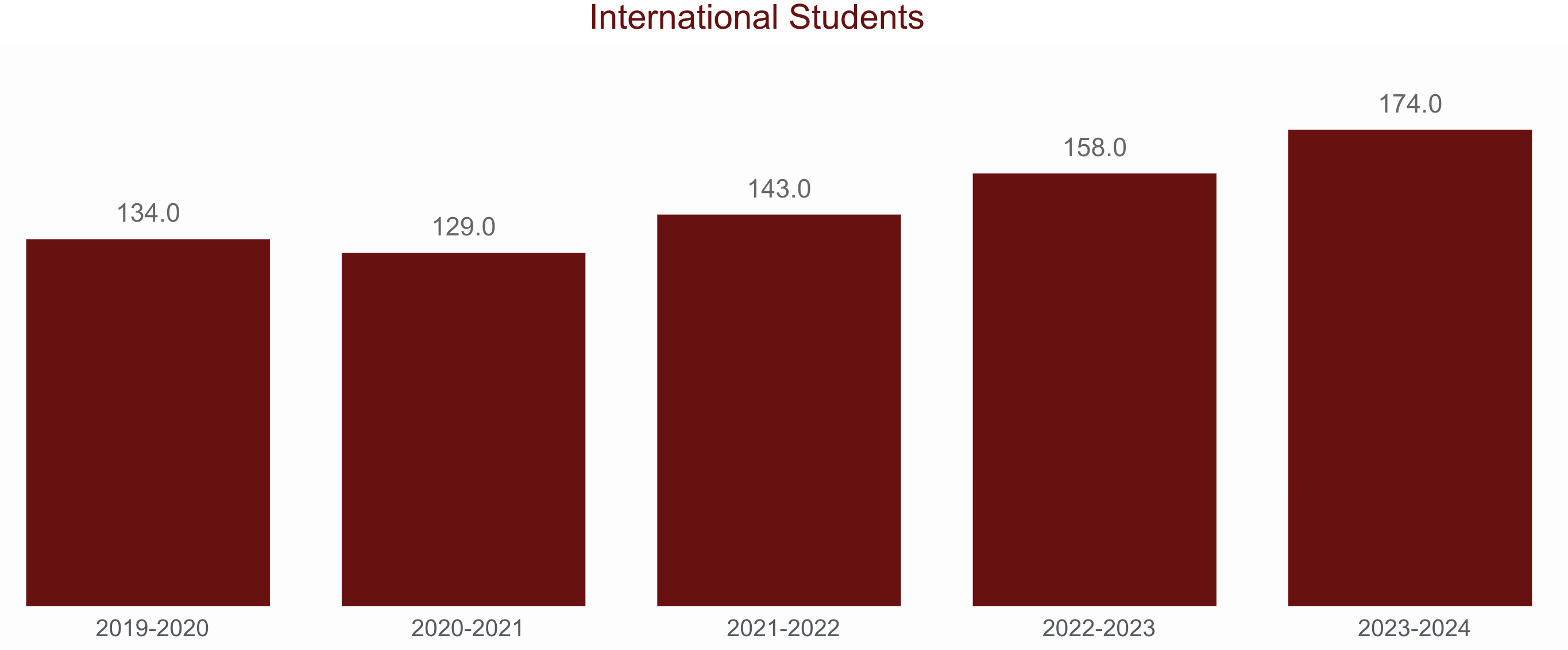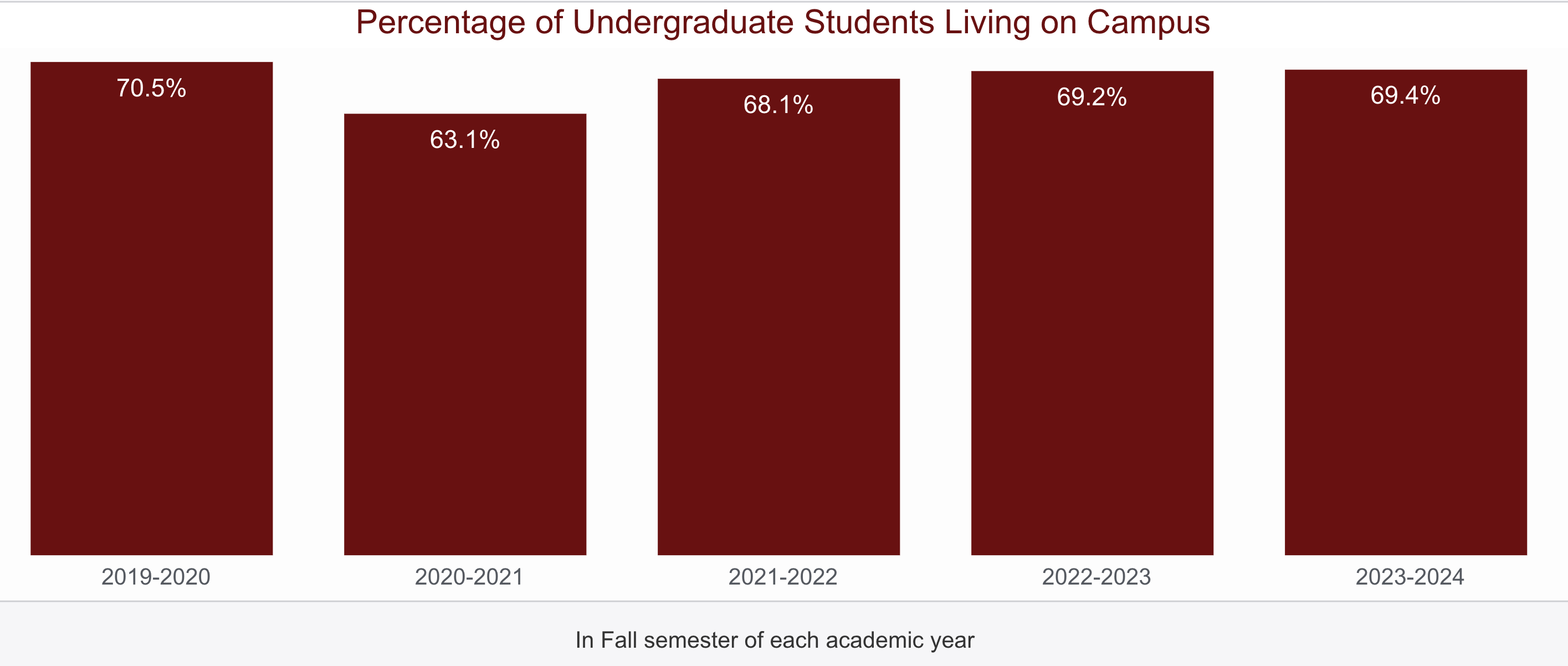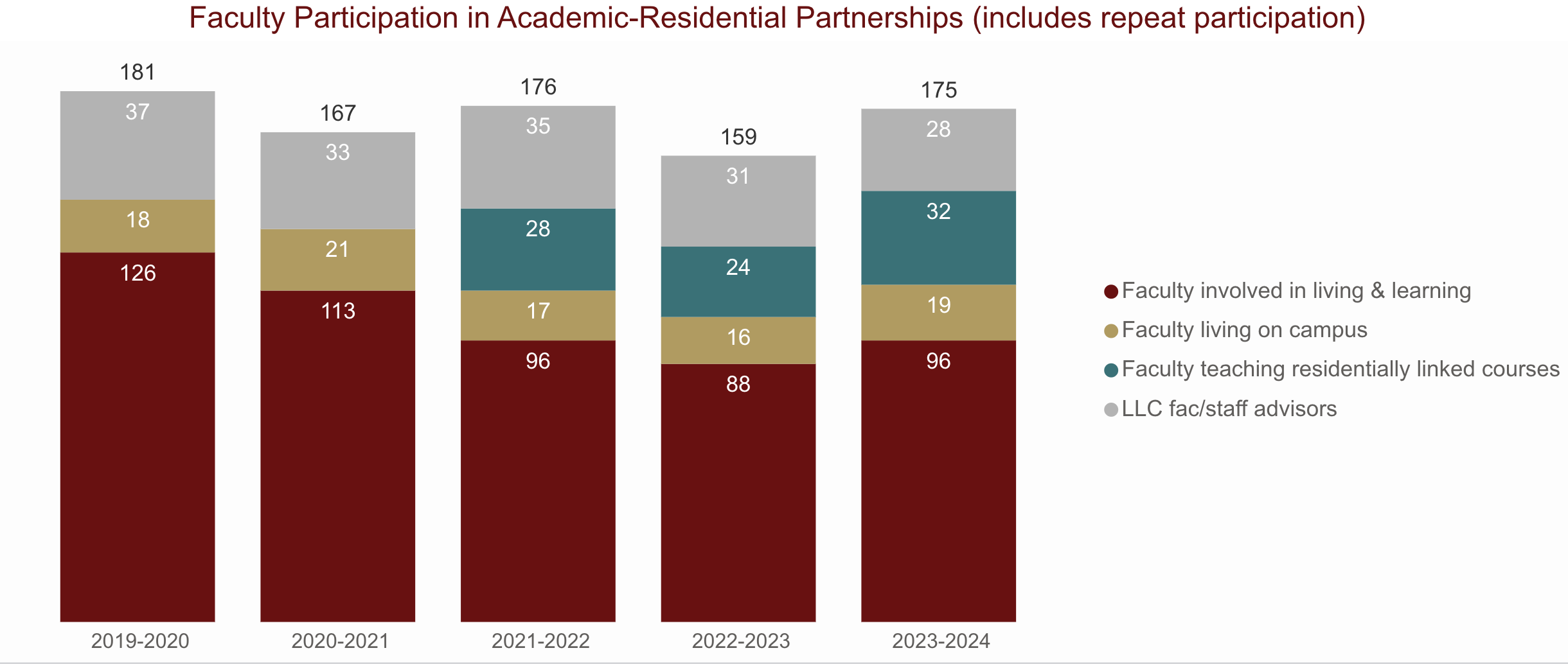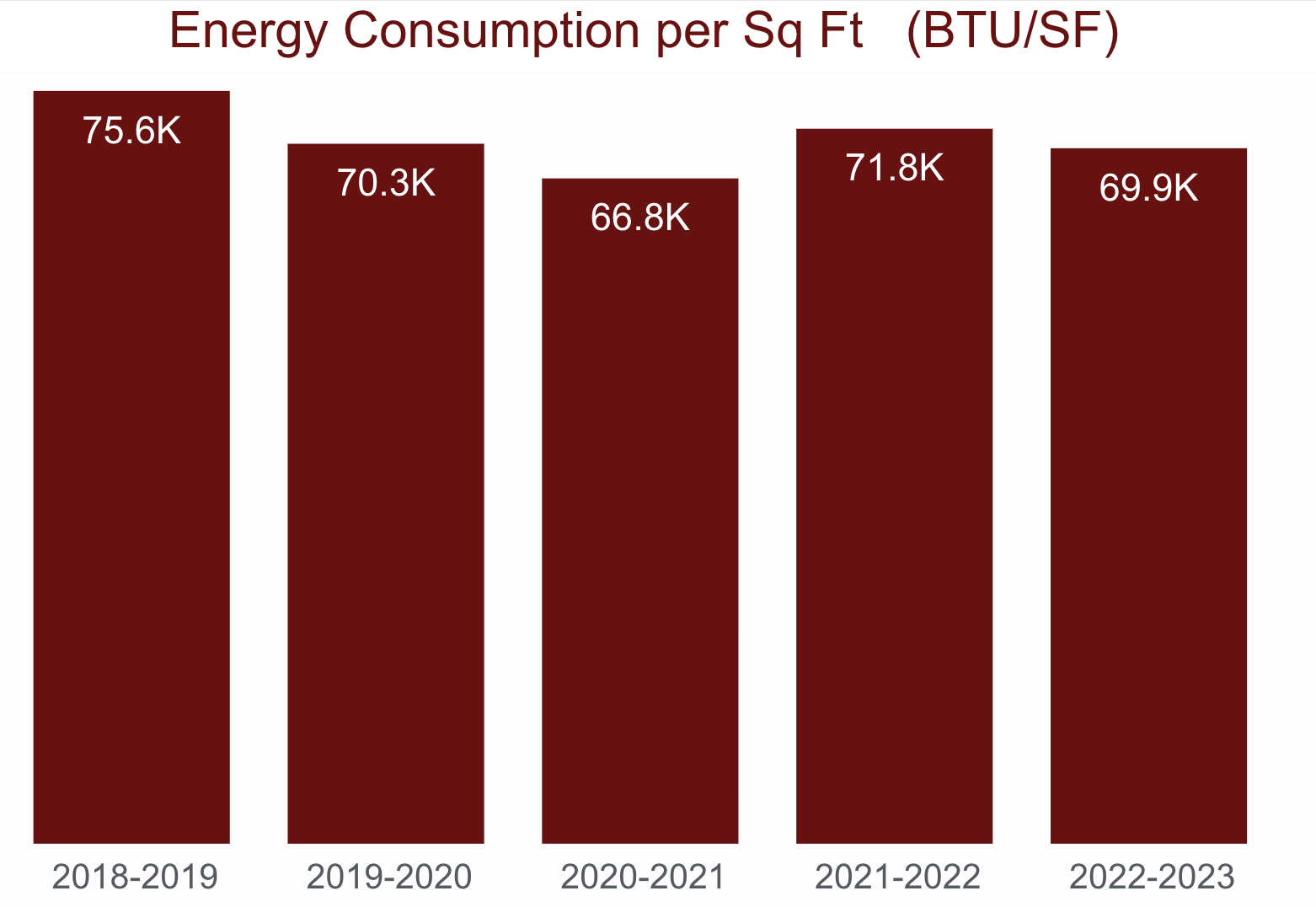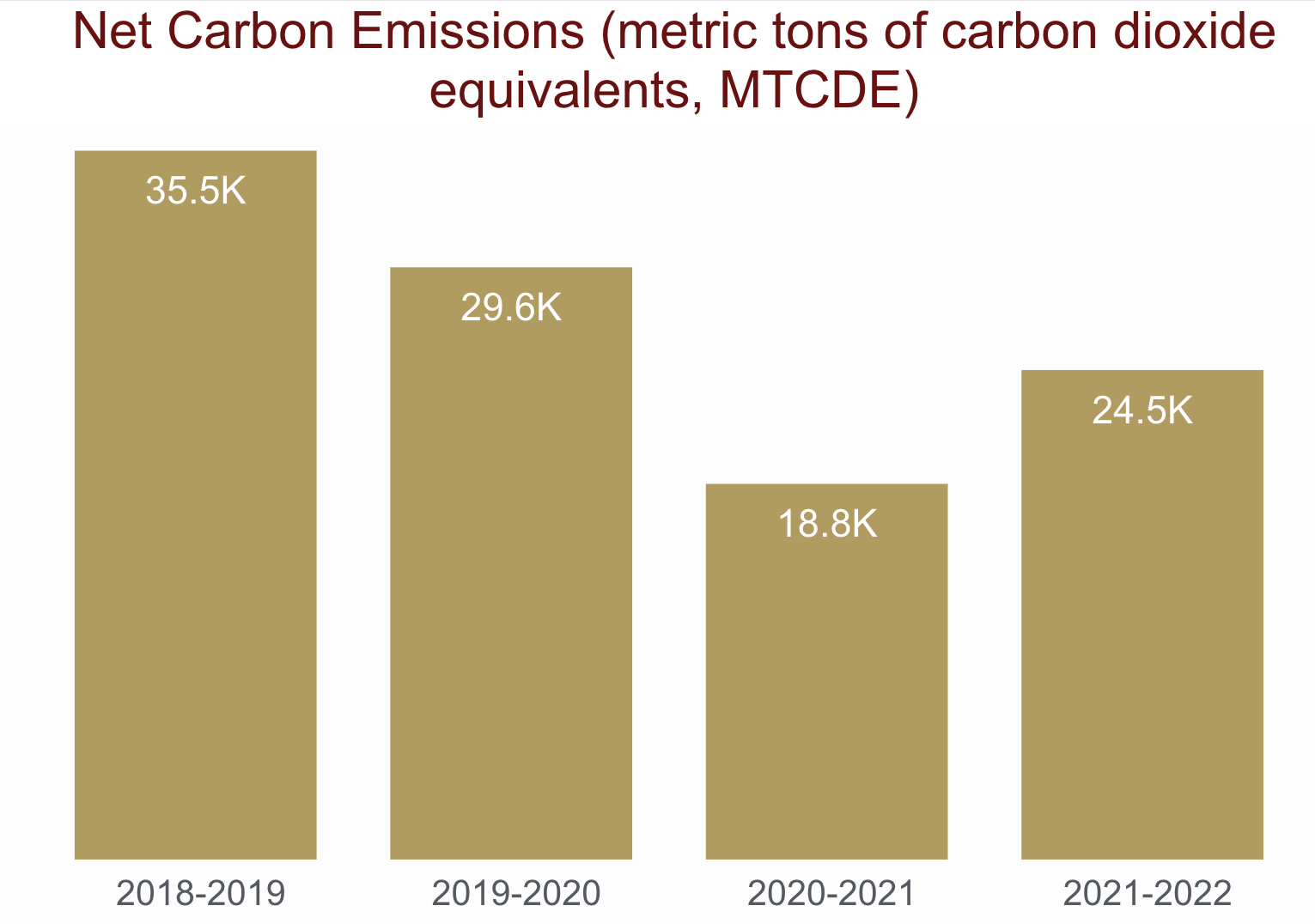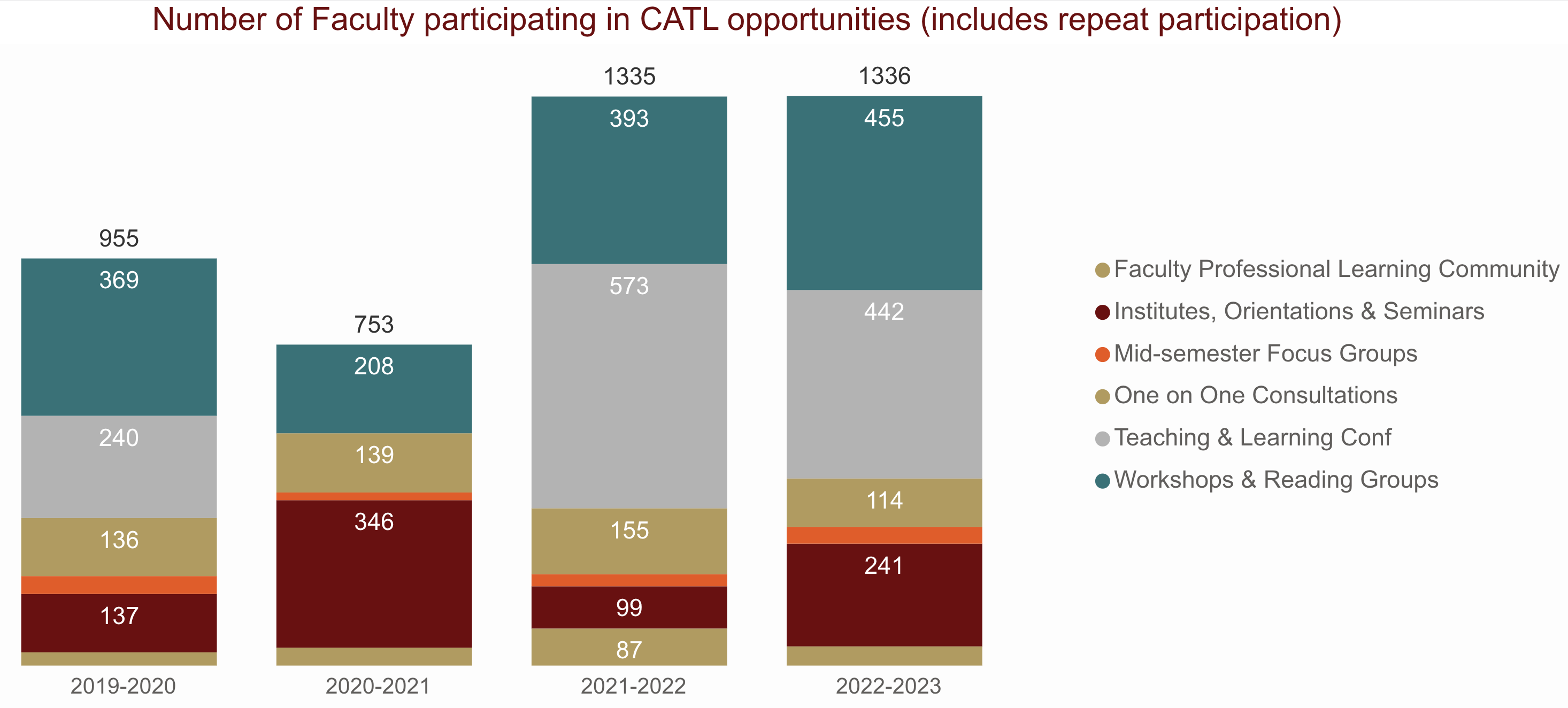A Diverse, Equitable and Inclusive Community
We have work ahead to advance the inclusion and success of people from a wider range of abilities, identities and perspectives. To foster deeper learning and better prepare students to lead in communities around the globe, we will increase representation, enhance support networks and advance all community members’ intercultural and multifaith learning.
Objectives and Progress
Last updated: April 2024
Objectives
- Strengthen support networks and increase staffing dedicated to the success of historically marginalized groups.
- Establish and achieve specific benchmarks regarding increased representation and retention of students, faculty and staff from underrepresented groups.
- Double international student enrollment.
- Create structures and learning opportunities that engage all students, faculty and staff in advancing their intercultural and multifaith learning and competencies.
- Advance inclusive classrooms and pedagogies through research and faculty development.
Progress Report
- The Division of Inclusive Excellence was established in July 2020 under the leadership of Vice President and Associate Provost for Inclusive Excellence and Associate Professor of Education Randy Williams to lead campus DEI initiatives.
- Student Life staff developed anti-racism education being provided for all new students during New Student Orientation starting Fall 2021.
- All faculty and staff complete anti-bias and discrimination prevention training.
- Buffie Longmire-Avital, Professor of Psychology, was appointed in Summer 2021 as the founding Director of The Black Lumen Project, designed to enhance the Black experience at Elon in pursuit of equity and move the institution further in its commitment to inclusive excellence.
- The Bias Response Recommendations Implementation Team began its work in Spring 2022 based on the recommendations from the Bias Response System Working Group Report completed in Summer 2021.
- In May 2022, Elon faculty approved the Advancing Equity Requirement, a new Core Curriculum requirement of all students starting with those entering in the Fall of 2023. The requirement was designed by a committee led by Professor of Cinema and Television Arts and J. Earl Danieley Distinguished Professor Naeemah Clark.
- A Professional Development/Faculty Evaluation Working Group has been appointed to create a plan to enhance faculty teaching, scholarship, and service related to diversity, equity, and inclusion, and the DEI Curriculum Working Group to ensure all students take courses that drive a deeper understanding of diversity, equity, and inclusion.
- The Asian and Pacific Islander Task Force will produce an initial Summer 2022 report and set of recommendations related to the academic, social, and cultural development of the API community.
- The Elon Community Accessibility Team convened in Spring 2022 as an advisory group that partners with various entities to ensure a thriving environment for differently-abled people who live and work in the Town of Elon and Elon University.
- The Diversity Course Database is being revamped by Academic Affairs staff.
- Equity-minded hiring protocols are being developed for all university divisions.
- The Faculty/Staff DEI Development Network (comprised of staff and faculty from Inclusive Excellence, Center for the Advancement of Teaching and Learning, Human Resources, Office of Leadership and Professional Development) are developing a suite of faculty and staff intercultural development offerings.
- Fifty-eight percent of Elon STEM faculty have participated in the Howard Hughes Medical Institute’s (HHMI) Inclusive Excellence in STEM conference, campus workshops, or summer Inclusive Excellence Institute to change curriculum and enhance inclusive pedagogies and resources in introductory-level natural science courses.
- A multifaith strategic planning committee has been appointed to complete a new multifaith strategic plan and begin implementation.
Metrics
Chart details ALANAM undergraduate student enrollment numbers as follows:
2023-2024: 1099 total – 167 two or more races, 437 Hispanic/Latinx, 339 Black/African American, 148 Asian
2022-2023: 1123 total – 198 two or more races, 405 Hispanic/Latinx, 363 Black/African American, 148 Asian
2021-2022: 1085 total – 179 two or more races, 395 Hispanic/Latinx, 361 Black/African American, 144 Asian
2020-2021: 1102 total – 181 two or more races, 407 Hispanic/Latinx, 358 Black/African American, 148 Asian
2019-2020: 1125 total – 206 two or more races, 415 Hispanic/Latinx, 342 Black/African American, 151 Asian



